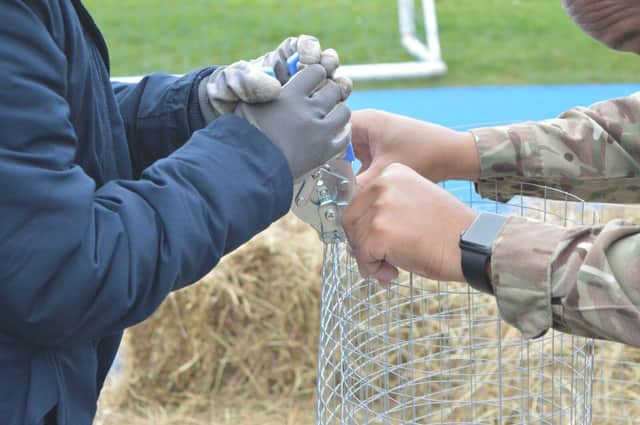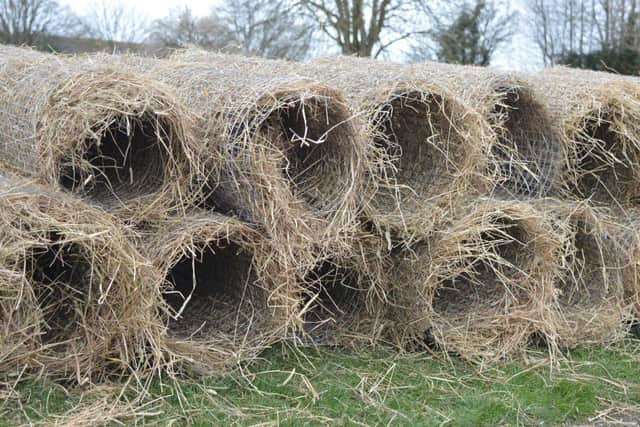Chichester schoolchildren get to grips with conservation


Twenty Year Five pupils from Thorney Island Primary School took part in the event which also saw them learn about the different birds and mammals that inhabit the island.
Organised by the Chichester Wildfowlers Association (CWA), the British Association for Shooting and Conservation (BASC) and by two serving soldiers from local barracks, a total of 16 duck nest tubes were built during the day.
Advertisement
Hide AdAdvertisement
Hide AdBen Marks from CWA said: “It was an absolute pleasure to share some knowledge, feathers and smiles with the pupils at Thorney Island Primary School, they are an inquisitive bunch that were really interested in the wildlife surrounding their school.


“Some of the nest tubes we built will be installed on Thorney Island so the pupils can admire their handy work and show it off to their friends and parents.
“For CWA it brings to a head a good season of conservation activities with more than 18 work parties completed so far around Chichester Harbour including pond restoration, cutting and planting of reed beds, construction and installation of nest tubes and litter picks. We have also trialled a new wooden membership card this season to help reduce single use plastic.
“Thank you again to all CWA members who participated in work parties this season.”
Advertisement
Hide AdAdvertisement
Hide AdBASC South East regional officer Felicity Winters said: “With the invaluable support of our wildfowling clubs and members, the duck nesting tube project is proving to be successful.
“The tubes are designed to increase the fledging success of mallard, protecting nests from predation, destruction and disturbance. By giving young people a chance to get involved with making these tubes, it provides them with an opportunity to learn about the world around them and the work we do towards conservation in an interactive and enjoyable manner.”